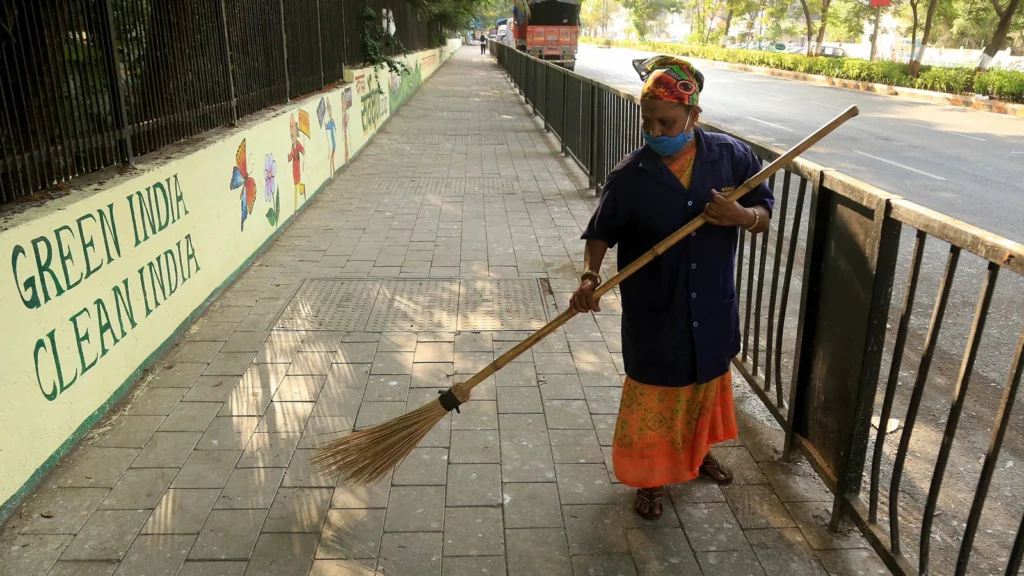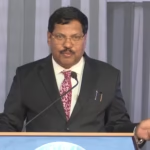Now Reading: Soham Parekh’s Moonlighting Post Sparks Debate: Career Setback or Industry Wake-Up Call?
-
01
Soham Parekh’s Moonlighting Post Sparks Debate: Career Setback or Industry Wake-Up Call?
Soham Parekh’s Moonlighting Post Sparks Debate: Career Setback or Industry Wake-Up Call?

A LinkedIn post by Soham Parekh, a young product designer, has gone viral for its raw honesty and emotional depth. After being accused of moonlighting, Parekh questioned whether he had “completely sabotaged” his career. His story has struck a chord across India’s corporate landscape, especially among young professionals in Tier 2 cities navigating side gigs, remote work, and evolving job ethics.
What Happened?
Parekh revealed that he was asked to leave a startup after being accused of working multiple jobs without informing his employer. In his post, he admitted to being in the wrong but also expressed deep confusion and regret. The tone was not defensive—it was reflective, questioning the norms of today’s fast-changing work culture.
The Bigger Picture: What Is Moonlighting?
Moonlighting refers to holding more than one job at a time, typically without the employer’s knowledge. With remote work and freelance culture growing, especially after the pandemic, cases like Parekh’s are becoming more common. Startups and companies, however, often see this as a breach of trust or contract, especially when full-time roles are involved.
Mixed Reactions from the Industry
Parekh’s post received a wave of support from many professionals who appreciated his honesty and openness. Some felt the industry needs to adapt to changing work patterns and be more flexible. Others, especially founders and managers, stressed the importance of transparency and loyalty in full-time roles. The debate remains wide open, with no one-size-fits-all answer.
Why Tier 2 India Relates Deeply
In Tier 2 cities like Nashik, Indore, and Coimbatore, where opportunities are still growing, many young professionals often take on freelance projects to upskill or earn extra income. For them, Parekh’s situation reflects a tough balance between survival, ambition, and ethical boundaries in the digital workspace. It also highlights the importance of clear communication between employees and employers.
Career Impact or Turning Point?
While Parekh’s question about sabotaging his career is valid, the response to his post shows that setbacks can also open new doors. Many HR leaders and founders acknowledged his courage and said they’d still be open to hiring someone willing to learn and grow from their mistakes.
Conclusion
Soham Parekh’s story is not just about moonlighting—it’s about honesty, vulnerability, and the growing pains of a generation redefining work. For India’s young workforce, especially in smaller cities, it’s a moment to reflect on boundaries, expectations, and the need for evolving conversations between employers and employees. Whether it was a misstep or a turning point, his post has definitely started a much-needed dialogue.
























